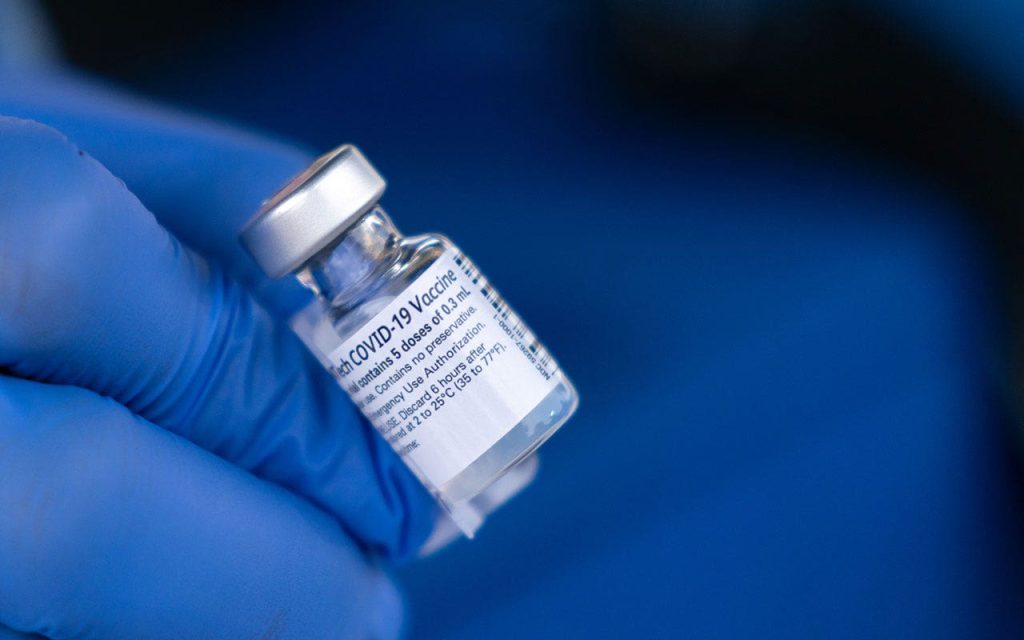An Ohio doctor, Dr. Sherri Tenpenny, had her medical license reinstated after the Ohio State Medical Board voted for her reinstatement in response to her agreeing to pay a fine. Her license had been suspended for failing to cooperate with an investigation into claims she made about COVID-19 vaccines, including that they made people magnetic and interfered with cell towers. Tenpenny’s statements drew national attention and approximately 350 complaints were filed with the medical board, prompting an investigation. The board voted to restore her license after she agreed to pay a $3,000 fine and cooperate with investigators.
Dr. Tenpenny, an osteopathic doctor who has been licensed in Ohio since 1984, made headlines in 2021 when she testified before a state legislative panel in support of a measure to block vaccine requirements and mask mandates. During her testimony, she claimed that COVID-19 vaccines made recipients magnetic, interfered with cell towers, and affected women’s menstrual cycles. The controversial statements led to an investigation by the medical board, but Tenpenny initially refused to meet with investigators, answer written questions, or comply with a subpoena ordering her to sit for a deposition. Her license was suspended in August 2023 on procedural grounds for failing to cooperate with the investigation.
Last month, the Ohio State Medical Board voted 7-2 to restore Dr. Tenpenny’s medical license, with proponents arguing that she had met the requirements for reinstatement. Tenpenny announced the reinstatement on a social media platform, expressing gratitude for the support she had received during the challenging times. The decision to reinstate her license has sparked debate and controversy, with some questioning whether her statements about COVID-19 vaccines are grounded in scientific evidence or pose a risk to public health. Despite the reinstatement, Tenpenny’s beliefs and views on COVID-19 vaccinations continue to be a subject of scrutiny and criticism.
The reinstatement of Dr. Tenpenny’s medical license highlights the complex issues surrounding the regulation of medical professionals and the importance of upholding ethical standards in the practice of medicine. While doctors have the right to express their views and opinions, they also have a responsibility to provide accurate information and avoid making false or deceptive claims that could mislead the public. The case of Dr. Tenpenny raises questions about the balance between freedom of speech and the need to protect public health, particularly during a public health crisis such as the COVID-19 pandemic. The controversy surrounding her statements underscores the challenges faced by regulatory bodies in addressing misinformation and conspiracy theories in the medical field.
Moving forward, the reinstatement of Dr. Tenpenny’s medical license serves as a reminder of the importance of accountability and transparency in the practice of medicine. Healthcare professionals have a duty to uphold the highest standards of professionalism and to prioritize the well-being of their patients. The case of Dr. Tenpenny highlights the need for clear guidelines and regulations to address misinformation and false claims in the medical community, in order to protect public health and maintain public trust in the medical profession. As the COVID-19 pandemic continues to evolve, it is essential for medical professionals to adhere to evidence-based practices and to prioritize the dissemination of accurate information to the public.


